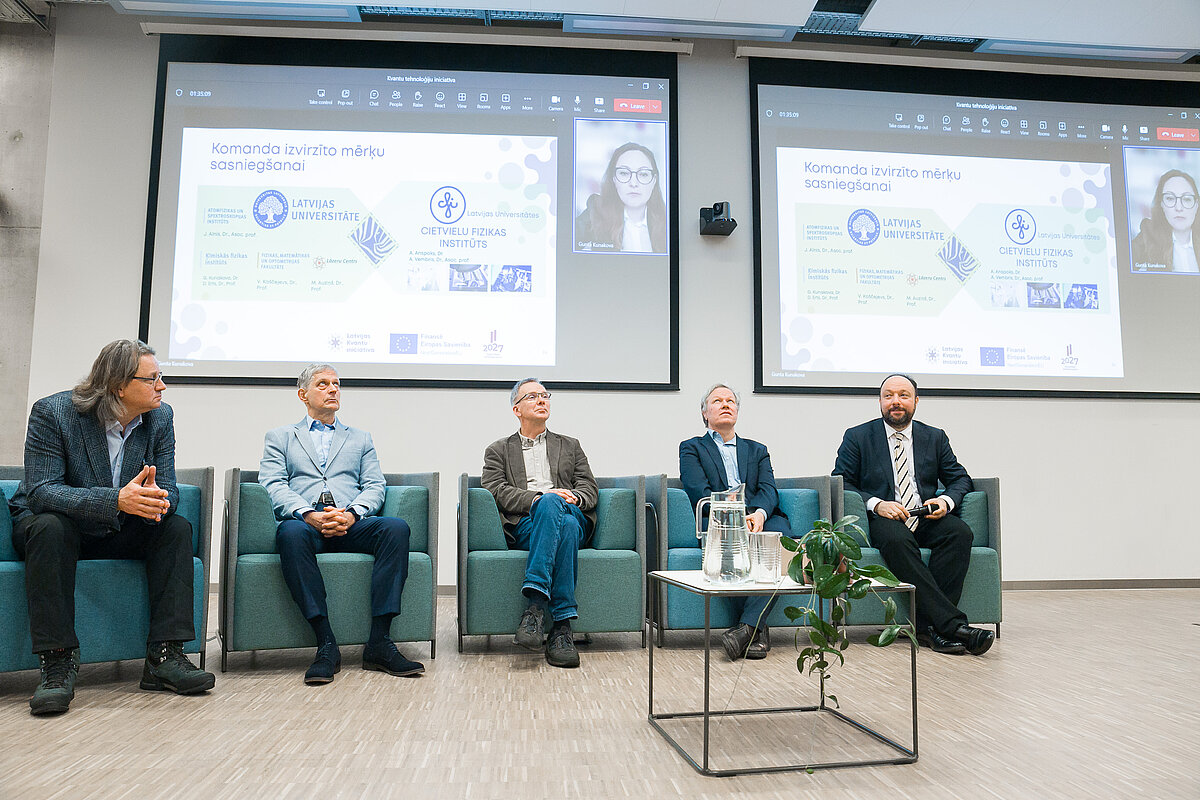
To strengthen Latvia’s competitiveness in quantum technologies, Riga Technical University (RTU), the University of Latvia (UL), the Institute of Solid State Physics of the UL (ISSP UL) and the Institute of Mathematics and Computer Science of the UL (IMCS UL) will train high-level specialists, develop knowledge and skills in high-tech areas, conduct high-level research and promote synergies between higher education, science and industry towards innovation as part of the Latvian Quantum Initiative.
The Latvian Quantum Initiative started last year. Professor Andris Ambainis, head of the Centre for Quantum Computing Science at the Faculty of Computing at the University of Latvia, and his colleagues came up with the idea of the Latvian Quantum Initiative after seeing that a critical mass in quantum research was beginning to emerge and that the field needed to be developed in a targeted way.
Different researchers have come to quantum technologies in different ways: from computing, physics, optics, etc.
“Having recognised that there is potential in the field of quantum technologies in Latvia, but that it is rarely possible to do anything alone, representatives of the sector in different institutes started talking to each other. After getting to know each other, the first cooperation projects followed. This is like jumping into cold water: you don’t know if you will succeed, but there are no other options,” says Andris Anspoks, head of ISSP UL.
Anspoks emphasises that quantum technology is rarely done alone, because science is international. Consortia are needed to bring together the best. For example, the ISSP UL knows how to work with non-linear optics, while other partners have the capacity to measure high-speed data transmission parameters. That’s why, in collaboration with RTU and the Institute of Atomic Physics and Spectroscopy of the University of Latvia, researchers at the ISSP UL are working on photonics devices, while in a consortium with the Institute of Chemical Physics, several research groups are working on various electronic devices.
Anspoks is convinced that the Latvian Quantum Initiative will fundamentally change those involved in it and bring Latvian science closer to the way research is done in Northern Europe. One of the main benefits he sees is the ability to collaborate and to focus on the task at hand, as the challenges on the frontline of science today are beyond the capacity of a single organisation.